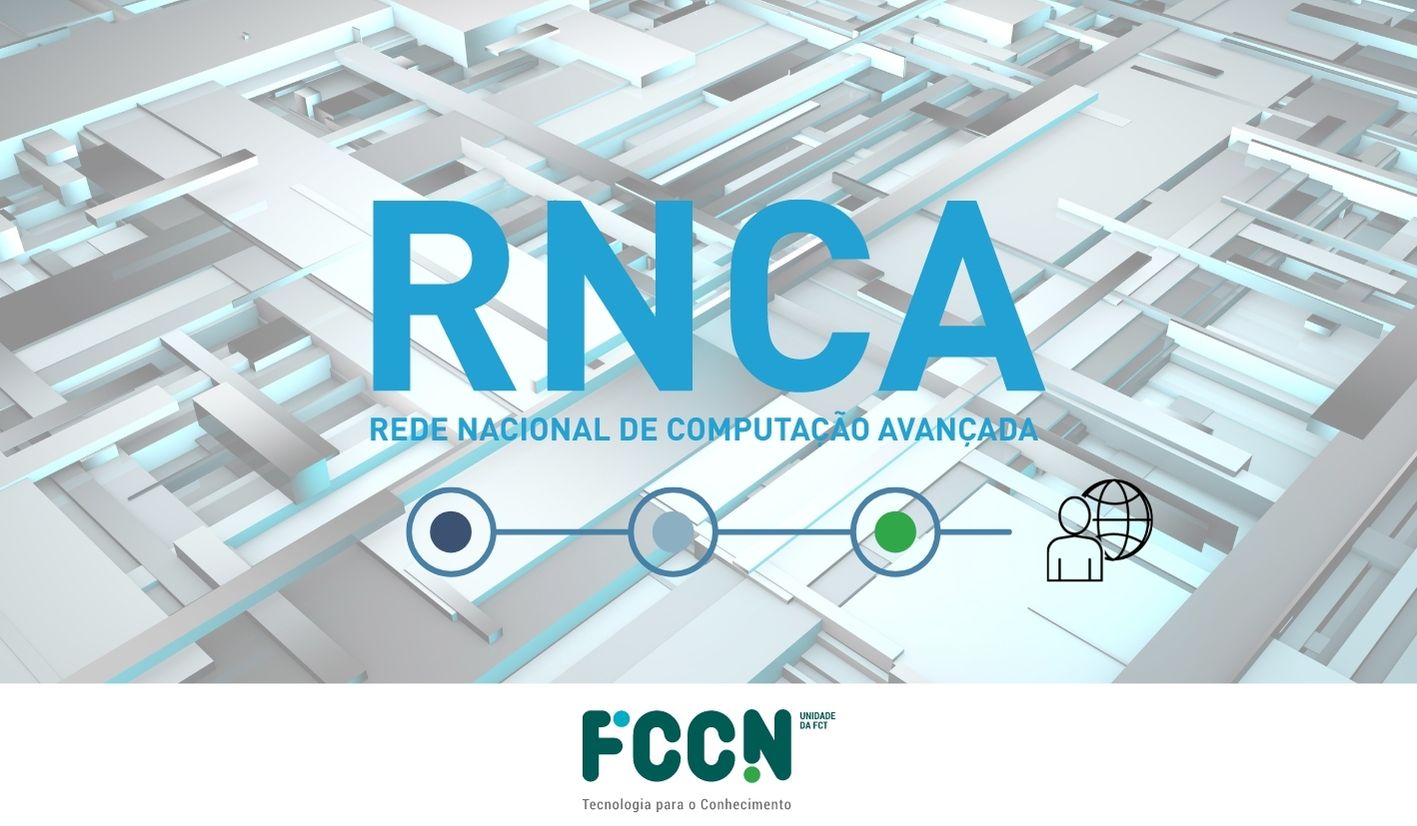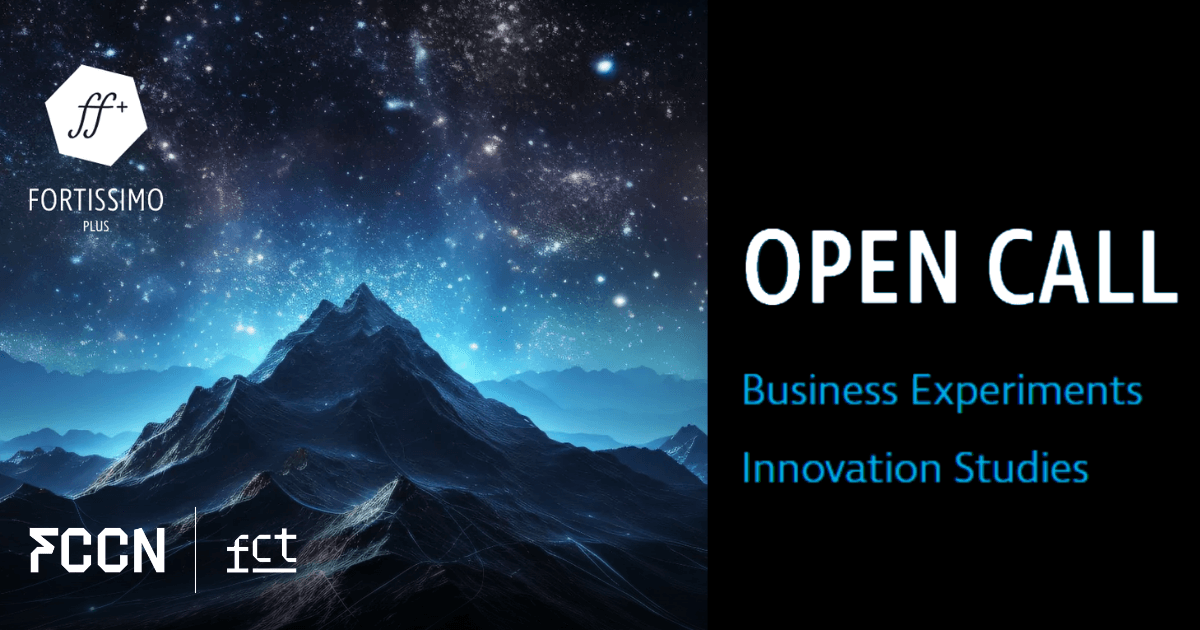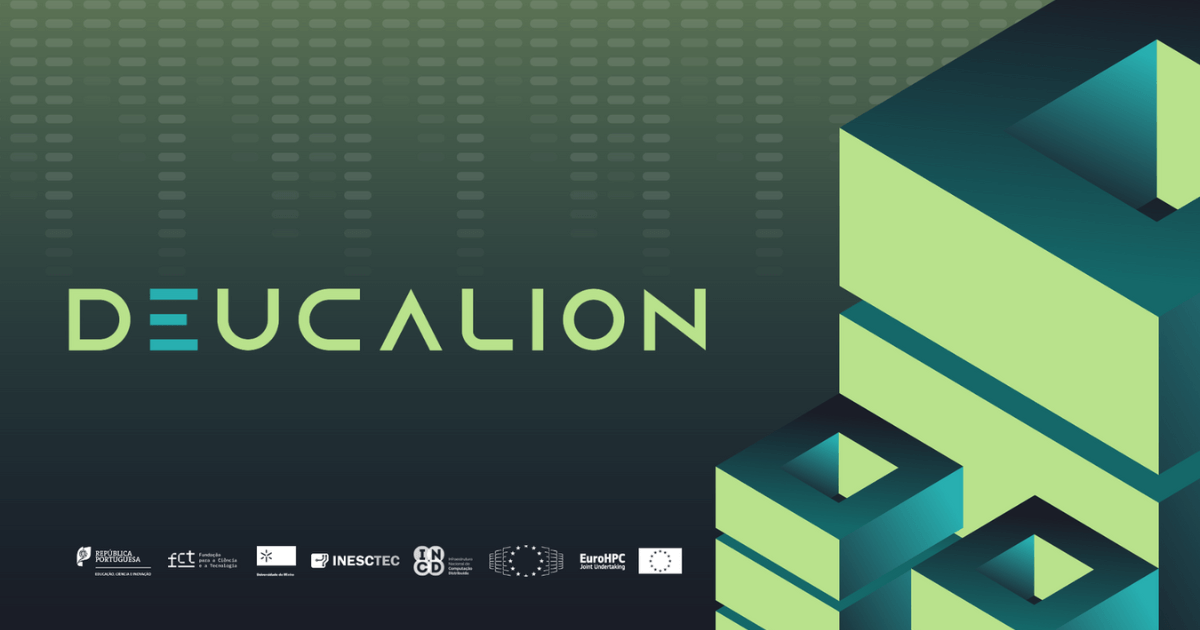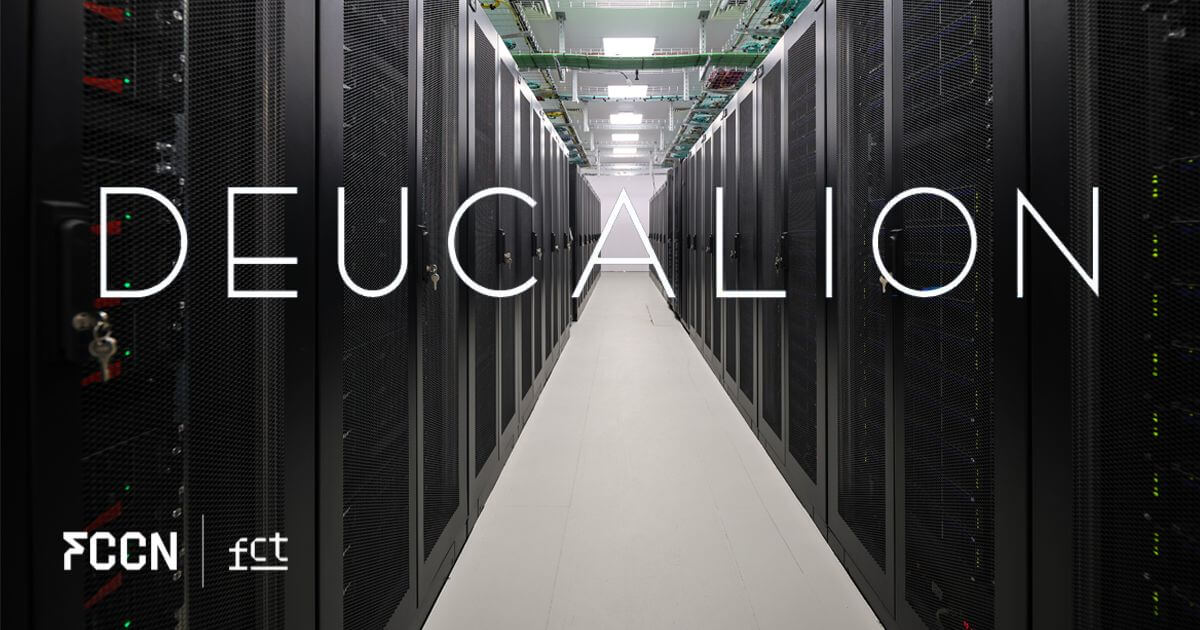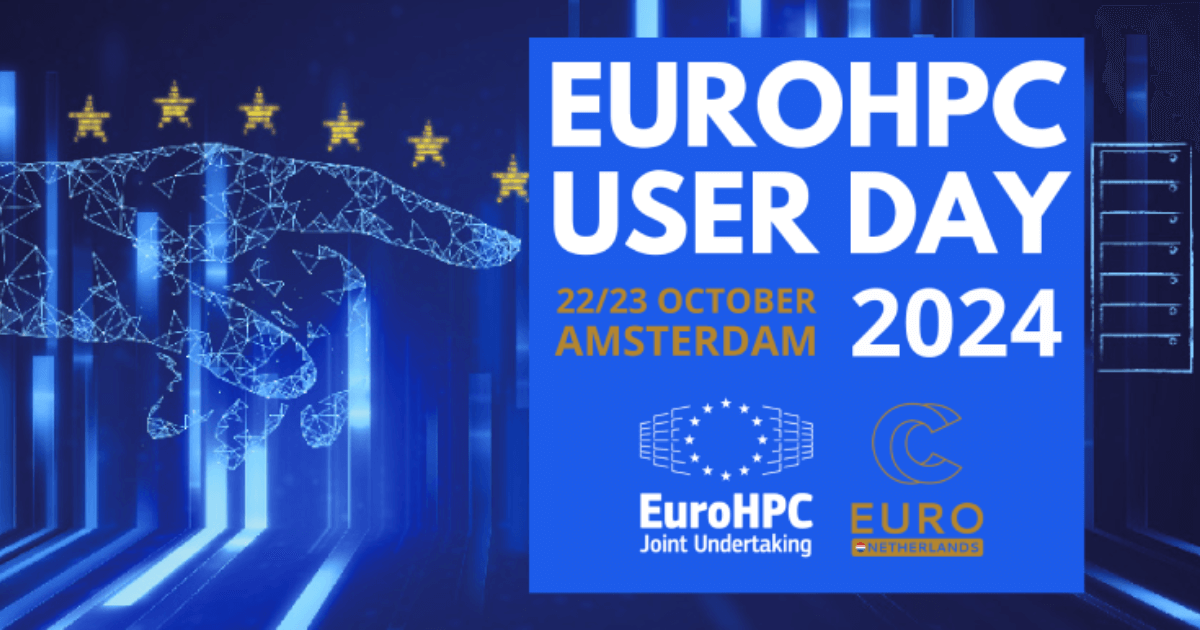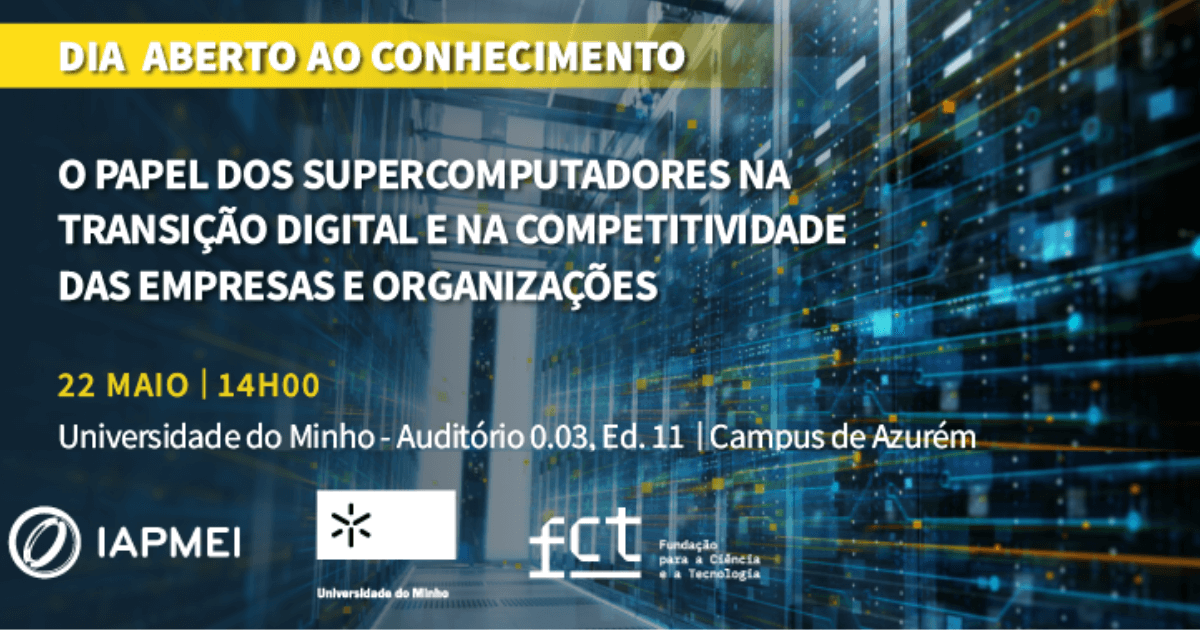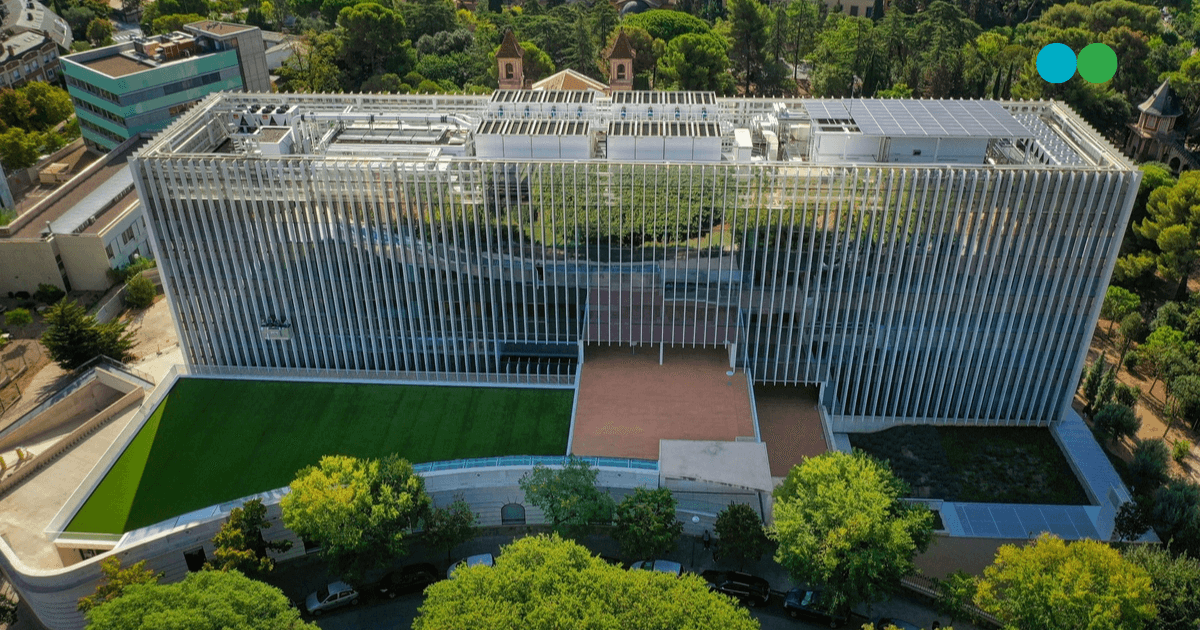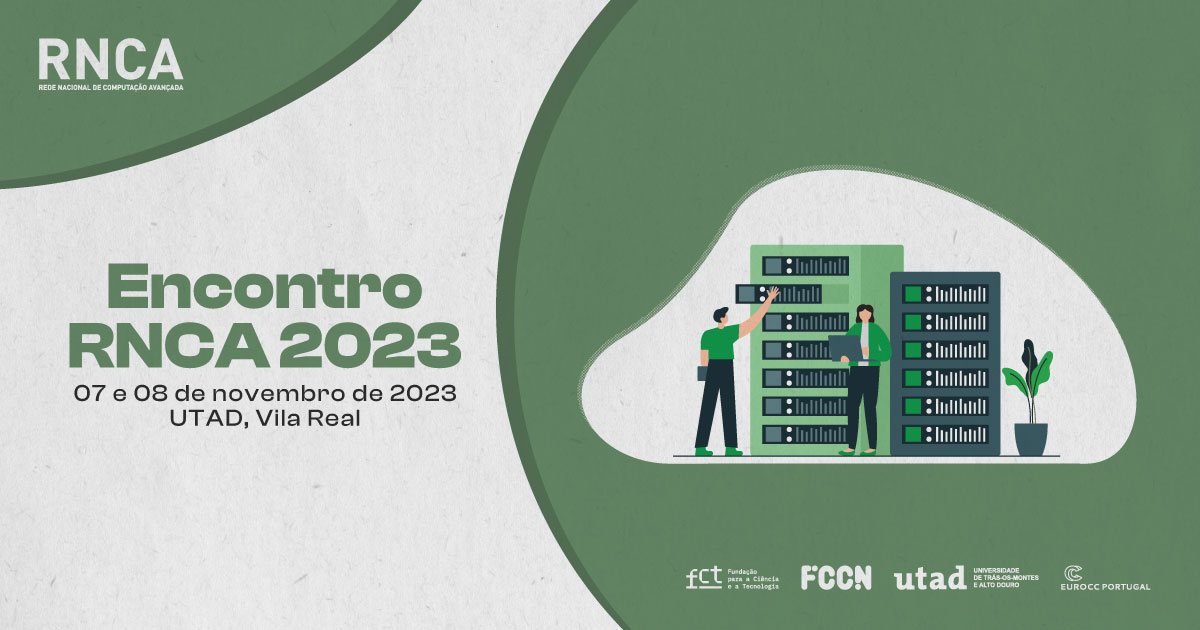Created in 2019, the National Advanced Computing Network has been promoting the use of national advanced computing resources by scientific or innovation projects. Find out all about this structure managed by the Unit FCCN.
What do an atmospheric modeling study of the Serra do Perdigão and the structural analysis of polymers in two dimensions have in common? Both research projects made use of the resources of the National Network for Advanced Computing (RNCA) - the structure managed by the Unit FCCN which aims to promote the use of supercomputing solutions in Portugal.
To this end, this national structure is in direct contact with the various communities linked to research and innovation, bringing together infrastructures, human resources and partnerships in the area of advanced computing. The network is made up of a set of operational centers and competence centers, including four supercomputers spread throughout the country (which you can find out more about here).
Through these resources, it is also possible to promote national digital competencies in the area of advanced computing and ensure coordination with international structures in this area. In an interview, the Unit's Area Director FCCN, João Pagaime, highlights the importance of access to this type of resource: "Supercomputing tools are essential to support the production of science at an international level".
For the future, he adds, "a significant increase in the need to use advanced computing" is predicted, namely for the processing of high volumes of data, and it is expected that "more and more, the industry sector will seek these resources". "It is very important to develop these means, removing barriers to the economic development of the country," he concludes.
10 Centers, One Goal ⇓
The National Network for Advanced Computing has four operational centers and six competence and visualization centers (which you can get to know here). In order to promote the use of advanced computing technologies, the RNCA creates and promotes various national and international calls for the attribution of hours for the use of existing resources.
Examples include the competition created in partnership with Google (focused on the areas of natural language processing and ethics in Artificial Intelligence) or Computing Projects Calls Avançada, which, during 2020 and 2021, awarded more than 71 million CPU core.hours to research and innovation projects.
Most of the projects that used RNCA resources, in the scope of the Advanced Computing Projects Call in 2021, are in the areas of Physics and Mathematics (36%), Chemistry and Materials (33%) and Technology and Engineering (32%). Life Sciences (21%), Natural Sciences (12%), as well as Humanities and Social Sciences (2%) also stand out.
In the evaluation of the first edition of the Advanced Computing Project Call, in 2020, several users highlighted the importance of this initiative and structure.
There are more than 30 scientific publications and 60 Master's or Doctoral theses associated with projects approved under these calls. ⇓
"Thank you for this initiative, it is a great support for fundamental science"
"The resources made available by the CPCA project have provided major accelerations in the collection and processing of results, which would not be possible in more localized systems."
"The contest was easy to understand and compile and I was fully satisfied with the management."
"This first call for computer resources was very useful for developing a substantial part of a project now funded by the FCT. At a time when acquiring equipment is not easy, having access to this type of infrastructure is essential. The experience was so positive that I applied for the second edition."
Visit https://rnca.fccn.pt/!
To keep up with the latest news subscribe to this mailing list.
